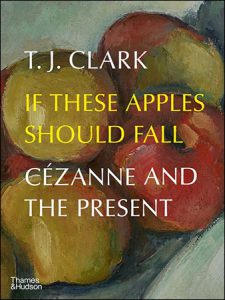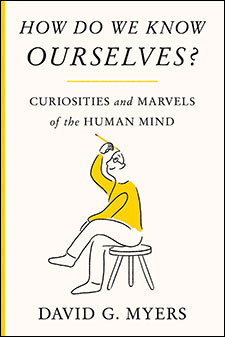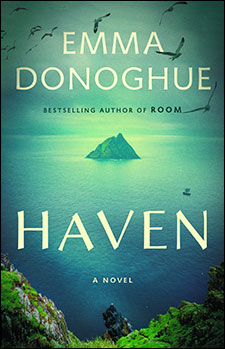 If These Apples Should Fall: Cézanne and the Present by T.J. Clark
If These Apples Should Fall: Cézanne and the Present by T.J. Clark
An illuminating analysis of the work of Paul Cézanne, one of the most influential painters in the history of modern art, by T. J. Clark, one of the world’s most respected art historians.
For many artists and writers, the art of Paul Cézanne represents the key to modernity. His paintings were a touchstone for writers such as Samuel Beckett as much as for artists such as Henri Matisse. Rainer Maria Rilke revered him deeply, as did Pablo Picasso. They thought if they lost touch with his sense of life, they lost an essential element of their own self-understanding.
In If These Apples Should Fall, celebrated art historian T. J. Clark looks back on Cézanne from our current moment when such judgments need justifying. What was it, he asks, that held Cézanne’s viewers spellbound?
At the heart of Cézanne’s work lies a sense of disquiet: a hopelessness haunting the vividness, an anxiety beneath the splendid colors. Clark addresses this strangeness head-on, examining the art of Camille Pissarro, Matisse, and others in relation to Cézanne’s. Above all, he speaks to the uncanniness and beauty of Cézanne’s achievement.
 How Do We Know Ourselves?: Curiosities and Marvels of the Human Mind by David G. Myers
How Do We Know Ourselves?: Curiosities and Marvels of the Human Mind by David G. Myers
A delightful tour of the wonders of our humanity from David G. Myers, the award-winning professor and author of psychology’s bestselling textbook.
How Do We Know Ourselves? is a compendium of the most wondrous verities that Myers has found: a thought-provoking book about psychological science’s insights into our everyday lives. His astute observations and sharp-witted wisdom enable readers to think smarter and live happier.
Myers’s explorations range from why we so often fear the wrong things to how simply going for a walk with someone can increase rapport and empathy. He explains why we repeatedly mishear song lyrics and how the color of President Obama’s suits aided in his decision-making. Myers also explores the powers and perils of our intuition, explaining why anything can seem obvious once it happens.
 Haven by Emma Donoghue
Haven by Emma Donoghue
In this beautiful story of adventure and survival from the New York Times bestselling author of Room, three men vow to leave the world behind them as they set out in a small boat for an island their leader has seen in a dream, with only faith to guide them.
In seventh-century Ireland, a scholar and priest called Artt has a dream telling him to leave the sinful world behind. Taking two monks—young Trian and old Cormac—he rows down the river Shannon in search of an isolated spot on which to found a monastery. Drifting out into the Atlantic, the three men find an impossibly steep, bare island inhabited by tens of thousands of birds, and claim it for God. In such a place, what will survival mean?
Book descriptions are from Amazon.com
